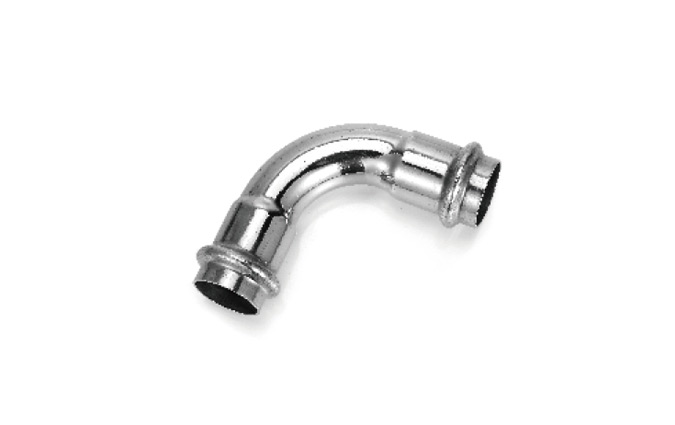When it comes to construction, ensuring the longevity and durability of structures is paramount. One of the most critical challenges faced by builders and engineers is water infiltration, which can lead to significant structural damage over time. To combat this issue, many professionals seek effective methods to make cement waterproof. This article delves into the various materials and additives that can be mixed with cement to enhance its waterproofing properties, providing a comprehensive guide for construction professionals and DIY enthusiasts alike.
Understanding the Need for Waterproof Cement
Waterproofing cement is essential in various applications, including foundations, basements, swimming pools, and outdoor structures. Water can weaken the integrity of concrete, leading to cracks, mold growth, and corrosion of reinforcing steel. Therefore, incorporating waterproofing additives into cement mixes is a proactive approach to mitigate these risks.
Key Additives for Waterproofing Cement
- Hydrophobic Additives
Hydrophobic agents are designed to repel water, preventing it from penetrating the cement matrix. Common hydrophobic additives include stearates and silanes. These compounds create a water-repellent layer on the surface of the cement, significantly reducing water absorption. - Polymer Modifiers
Polymer-based additives, such as polyvinyl acetate (PVA) and styrene-butadiene rubber (SBR), can be mixed with cement to enhance its flexibility and adhesion properties. These polymers form a film that not only improves the waterproofing capabilities but also increases the overall durability of the cement mix. - Silica Fume
Silica fume is a byproduct of silicon metal production and is known for its pozzolanic properties. When mixed with cement, it fills the microscopic voids within the concrete, reducing permeability and enhancing strength. This makes silica fume an excellent choice for waterproofing applications. - Crystalline Waterproofing Agents
Crystalline waterproofing products, such as sodium silicate and other proprietary blends, work by forming crystals within the concrete matrix when exposed to moisture. These crystals block the pathways through which water would typically flow, effectively sealing the concrete against water ingress. - Bentonite Clay
Bentonite clay is a natural material that can be mixed with cement to enhance its waterproofing properties. When hydrated, bentonite expands and forms a gel-like barrier that prevents water from penetrating the cement. This is particularly useful in applications where soil and water interaction is a concern. - Liquid Waterproofing Compounds
There are various liquid waterproofing compounds available on the market that can be added to cement mixes. These compounds often contain a blend of polymers and other additives designed to create a waterproof barrier. They are easy to use and can be mixed directly into the cement before application.
Best Practices for Mixing and Application
To achieve optimal waterproofing results, it is crucial to follow best practices during mixing and application:
- Proper Ratios: Always adhere to the manufacturer's recommended ratios for additives to ensure the integrity of the cement mix.
- Thorough Mixing: Ensure that all components are mixed thoroughly to achieve a uniform consistency. Inadequate mixing can lead to weak spots in the final product.
- Curing: Proper curing is essential for the development of strength and waterproofing properties. Maintain adequate moisture levels during the curing process to allow the cement to hydrate effectively.
- Testing: Conduct water permeability tests on the final product to verify its waterproofing capabilities. This step is crucial for high-stakes projects where water damage could lead to significant financial losses.
Conclusion
Incorporating the right additives into cement mixes can significantly enhance their waterproofing properties, ensuring the longevity and durability of structures. By understanding the various options available, from hydrophobic agents to crystalline waterproofing compounds, construction professionals can make informed decisions that will lead to successful outcomes. Whether you are working on a large-scale construction project or a small DIY endeavor, these insights will help you create a robust and waterproof cement mix that stands the test of time.

